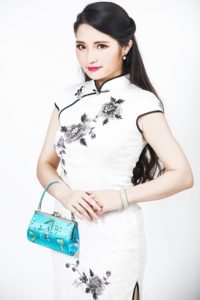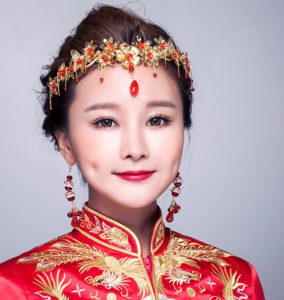Wedding traditions: Asian brides vs European brides

Contents
Weddings are one of the most eagerly anticipated and exciting events in any family calendar and have been steeped in tradition for centuries. Some traditions have their roots in religious needs, whereas others relate to family history, community beliefs and even superstitions. The following article explores some of the similarities and differences in wedding traditions of European and Asian brides.
Wedding for Asian Ladies
Asian brides will likely have traditions that are related to their particular community but some of the most common traditions for Asian women include:
- Many Asian fiancees are chosen by the groom’s family and the nuptials are agreed by way of an arranged marriage.
- In some Asian weddings, the two families will join before the wedding in the home of the groom’s family or that of the Asian lady. This allows the
families to interact, encourages excitement prior to the ceremony and serves to intertwine both families. - In most Asian weddings, the groom will arrive to the ceremony ahead of the Asian fiancee in a procession. The procession will include music, grandeur and festivities and his arrival is usually more dramatic than that of the Asian lady.
- In some Asian weddings, it is a common tradition for Asian brides to receive their wedding outfit from the groom’s family.
European Wedding traditions
European brides enjoy a host of traditions that serve as the foundations for their wedding and marriage, just like Asian brides. Some of the most common traditions in European nuptials include:
- The mother, sisters and close female relatives will help to choose the wedding outfit for the lady
- Unlike Asian lady, the arrival of a European fiancee is much grander than that of her groom. She, like Asian fiancee, will arrive after the groom, but guests will be more eager to see her. Her dress, her bridal party and the music that greets and accompanies her arrival will be carefully chosen and eagerly anticipated.
- Whereas Asian women are chosen by the groom’s family in the majority of cases, a European lady more often chooses her own partner and seeks family approval after she has got to know him. Arranged marriages are rare in European tradition.
Universals for European and Asian ladies
Both European and Asian brides have several traditions that revolve around family interactions and involvement in their weddings planning and ceremony. In many instances, family interactions also include food and drink, with relatives sharing or feeding edible treats with the newly married or soon to be married couple. As in European tradition, Asian ladies will enjoy cake and a hearty meal as part of their day.
Flowers Tradition
Flowers serve as a traditional inclusion for both European and Asian fiancees. In European culture, flowers are mostly used to decorate the wedding venue and are held in small bouquets by the bride and her wedding party. For Asian brides, flowers are included throughout the celebrations in a number of ways. Often, the reception venue will be adorned with large bouquets and displays of bright flowers, garlands are often worn throughout the wedding ceremony to promote fertility and petals are thrown over the couple of both nationalities and some stage in the event.
Father’s Speech

Another family tradition that is shared by European and Asian brides is that of spoken words. In the majority of ceremonies for both types of wedding, a European lady’s or an Asian fiancee’s father, uncle or grandfather will deliver a speech. The speech is used to celebrate the bride, outlining her most attractive features and characteristics and to thank the family and friends for joining celebrations. The tradition and importance of words does not begin and end with speeches as readings, both religious and nonreligious, are significant in European and Asian weddings. Some readings are chosen based on their religious importance, as in the case for most Asian ladies and others are chosen because of the beauty of their words or because they are lyrics to a favoured song as in European tradition.
